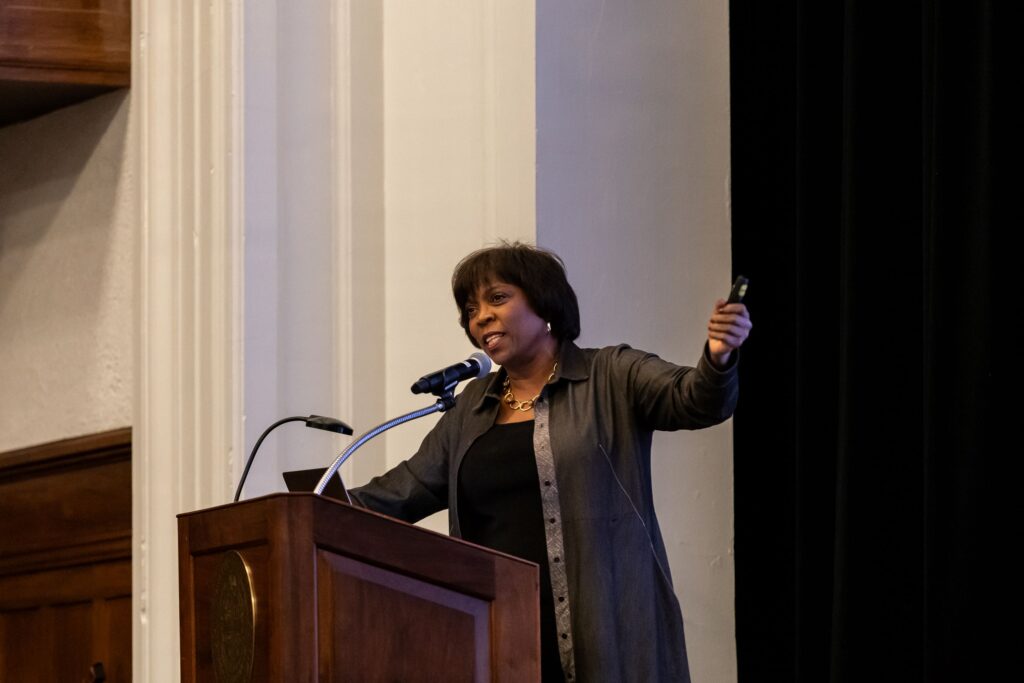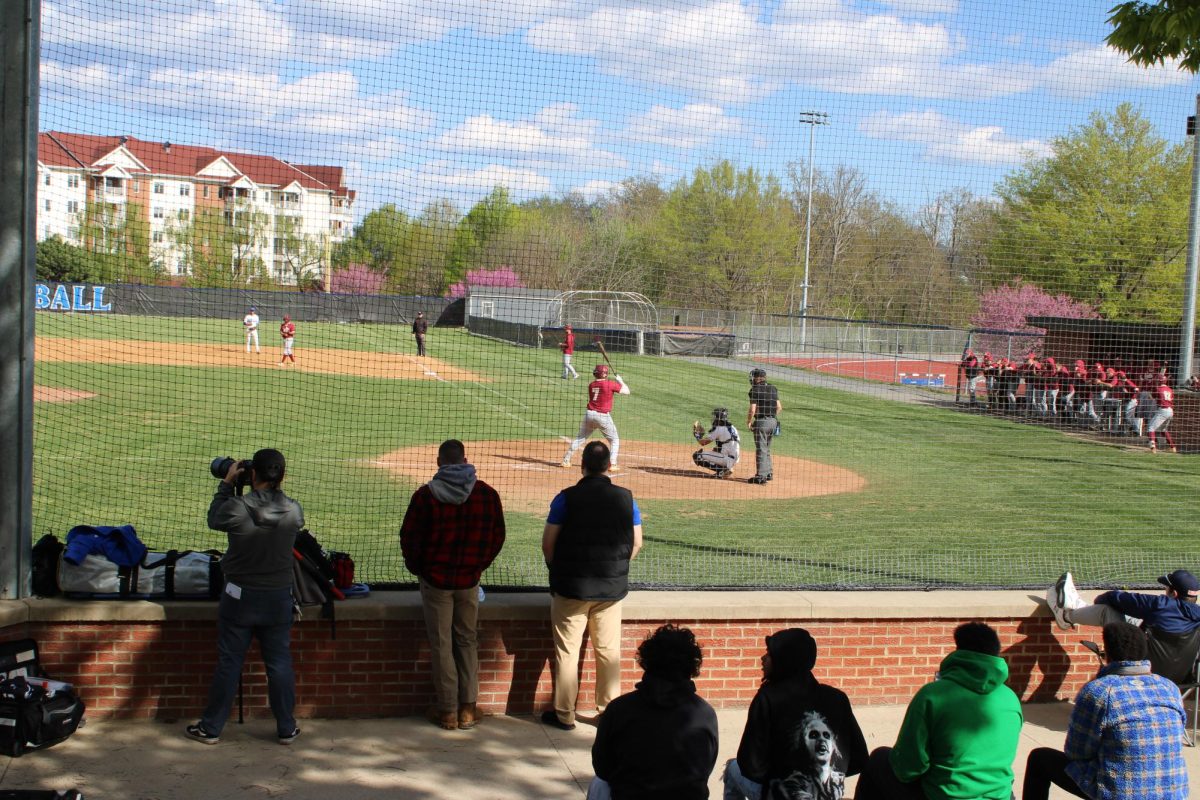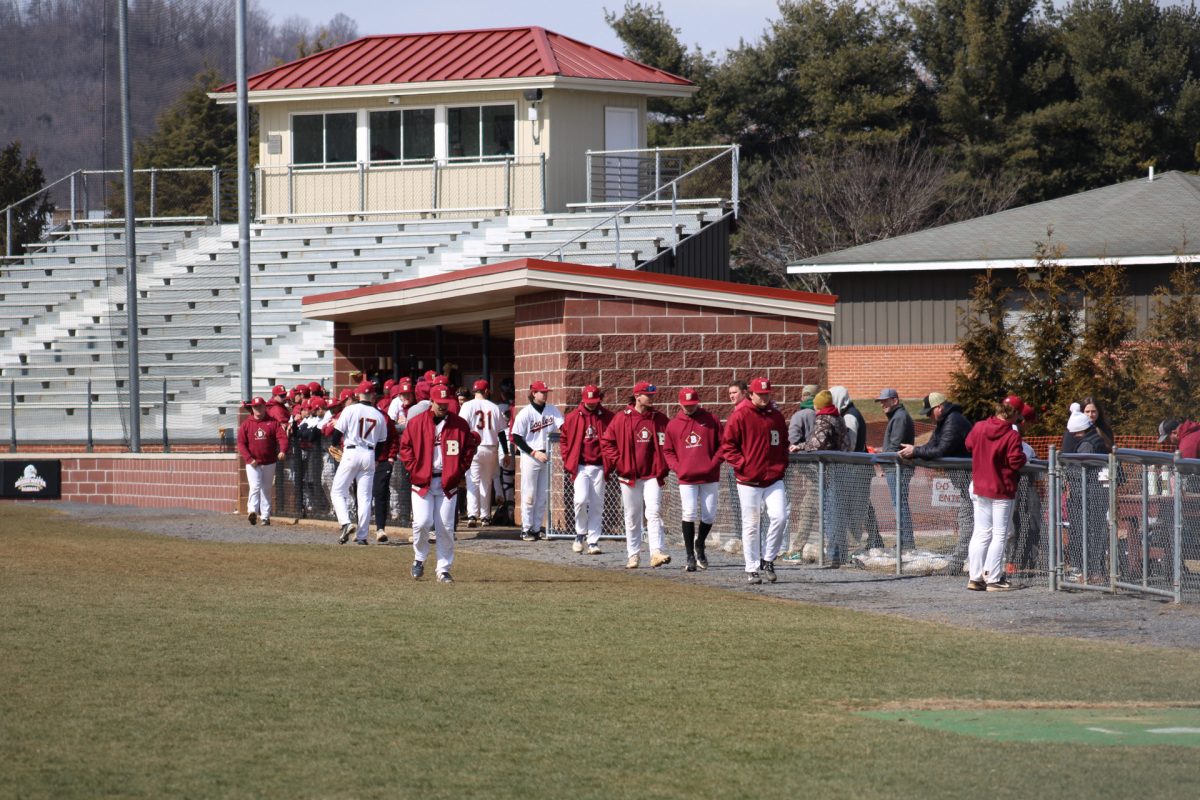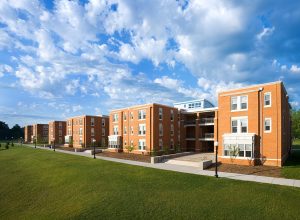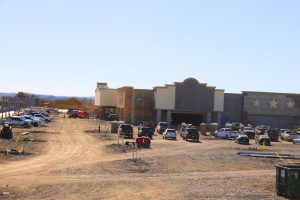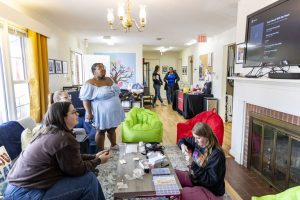From the Dean’s Desk
April 23, 2019
May is the month of transitions. With the time we have left in the semester, as you jump or wade into whatever transition you’re making, I want to challenge you to think critically about all of your next steps. How will you decide what to do with your summer? Which job to take? Which friends to keep? One of the ways we in Student Life support student development is by providing ways to assist you in these natural and cyclical life transitions, often shifting the implicit to the explicit. What follows are highlights from research and experiences that we hope will help you make the most of your transition, whatever it might be.
Higher education is a process designed to help us all develop the skills to rationally evaluate data, to effectively address conflict, and to pave avenues toward collaborative problem resolution. Unfortunately, rational decision making and self-reflection are not processes that we’re designed to engage in naturally. Dr. Herbert Simon pioneered research on cognitive biases, showing how prone we are to make flawed decisions and draw irrational conclusions based on things like heuristics. For instance, the availability heuristic describes how we’re more likely to believe that a message is true based solely on how much exposure we have to it. Consider then, how susceptible we are to influence given that information of all sorts has never been easier to obtain, exacerbated by the fact that our information sources are incentivized to attract viewers regardless of accuracy of content. Especially when we’re surrounded with messages of divisiveness and exclusion, how difficult does it become to build the community we hope to have?
We welcome incoming students to the “BC Community,” we host “Community Conversations” to foster discussions among people with different backgrounds and opinions, both the College mission statement and the Student Life Curriculum emphasize the importance of building community—the list of ways in which we emphasize the importance of community is long. Given this, shouldn’t we be spending our time not on creating division and assigning blame, but instead on engaging in thoughtful, self-reflective, and data-driven rationality that seeks to build bridges, as opposed to making knee-jerk reactions and assumptions that only serve to disrupt our efforts toward unity?
Consider the following: When you disagree with someone, do you spend more energy trying to understand their perspective or in trying to win? When you’re feeling wronged or hurt, how often do you assume that the other person was acting with good intentions? How often to do you try to understand and re-engage with the person who has hurt or wronged you? When you become aware of something you think should be different, how often do you spend your energy on a collaborative solution instead of announcing your displeasure? Before endorsing a message (e.g. re-posting/tweeting or “liking”), how often do you consider the potential impact of doing so? How does it reflect on you/your family/your friends/your future employer? How confident are you that the message is accurate, and does that matter to you?
It’s time to embrace the changes that May brings all of us. What would happen if we rededicated our efforts toward gratitude, forgiveness, support, inclusiveness, and personal growth? May is the month for transition, and can also be the ideal time for transformation. How will you make yours?


